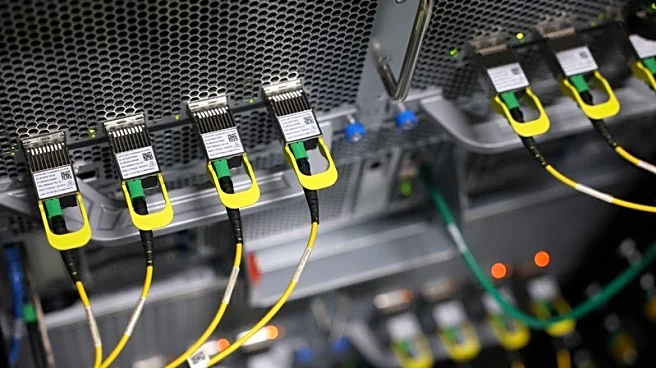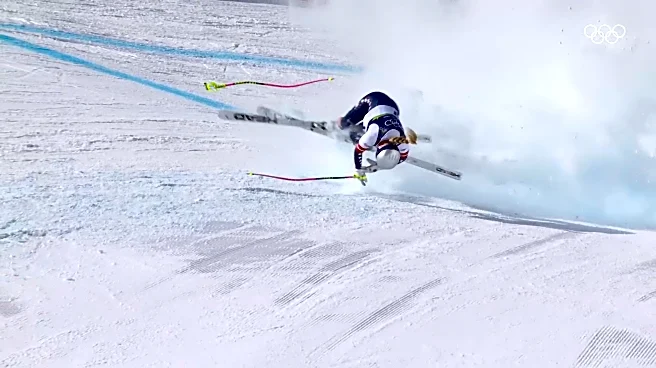Rapid Read • 8 min read
The J.D. Power 2025 China Sales Satisfaction Index (SSI) Study reveals a decline in overall customer satisfaction with the purchase experience among internal combustion engine (ICE) vehicle buyers. The industry-wide satisfaction score dropped to 758, marking the first decline since 2017. Premium brands scored 762, while mass market brands scored 757, both showing a decrease from the previous year. The study highlights that the online shopping experience scores the lowest among all factors, with satisfaction among rejectors also dropping significantly. The study measures satisfaction among new-vehicle buyers and rejectors, defined as those who consider a brand but ultimately purchase another. Key findings include more defined purchase decisions and shorter decision cycles, with 76.4% of shoppers having a clear brand/model in mind, up from 2024. The professionalism of sales staff during test drives is increasingly important, impacting buyer decisions.
AD
The decline in sales satisfaction could have significant implications for the auto industry, affecting consumer trust and brand loyalty. As the vehicle purchase process accelerates, brands and dealerships must adapt to changing consumer expectations and improve the integration of online and offline channels. The study suggests that brands need to enhance their service models to provide a seamless experience, which could influence future sales and market competitiveness. The growing consideration of new energy vehicles (NEVs) by ICE owners, despite high rejection rates, indicates a shift in consumer interest that could impact the industry's focus on sustainable options.
Brands and dealerships are expected to reconstruct their service models to better integrate online and offline experiences, potentially leading to improved satisfaction scores. The industry may see increased investment in digital tools and strategies to enhance customer engagement and streamline the purchase process. As consumer interest in NEVs grows, manufacturers might focus on addressing barriers to adoption, such as improving salesperson knowledge and availability of vehicles. These changes could influence market dynamics and drive innovation in the auto sector.
The decline in satisfaction highlights the need for ethical considerations in sales practices, particularly in how information is communicated to consumers. The shift towards more informed purchase decisions suggests a cultural change in consumer behavior, emphasizing transparency and trust. Long-term, this could lead to a reevaluation of traditional sales models and a push for more sustainable and customer-centric approaches in the auto industry.
AD
More Stories You Might Enjoy











